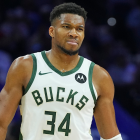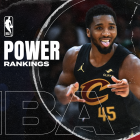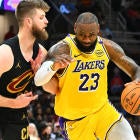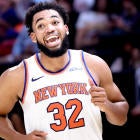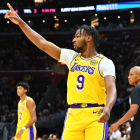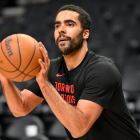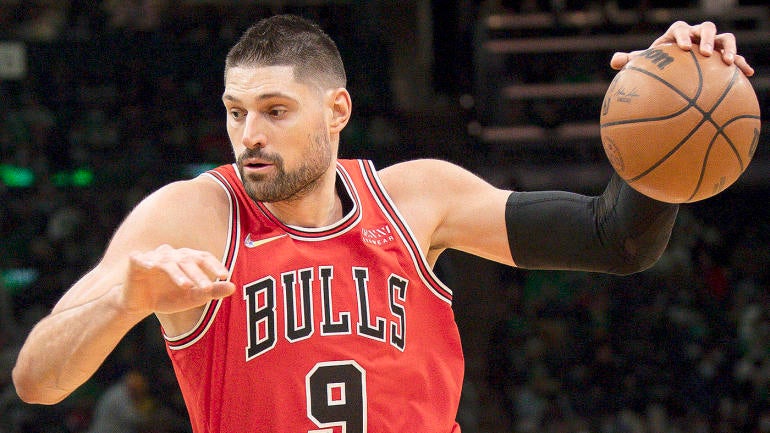
The Chicago Bulls and Nikola Vucevic have come to an agreement on a three-year, $60 million extension, the team announced Wednesday. Vucevic was considered arguably the second-best center on the free agent market behind Milwaukee Bucks stalwart Brook Lopez, and now, the Bulls are keeping him off of the free agent market entirely. Vucevic averaged 17.6 points and 11 rebounds on efficient shooting numbers in a bounce-back year last season.
Chicago traded for Vucevic at the 2021 trade deadline in a deal that has been incredibly maligned ever since. In that deal, they gave away Wendell Carter Jr., who has grown into a player arguably superior to Vucevic, as well the draft picks that would become young star Franz Wagner as well as Michigan wing Jett Howard. Bulls general manager Arturas Karnisovas recently said that he "thought that deal worked out pretty well for us."

CBS Sports HQ Newsletter
Your Ultimate Guide to Every Day in Sports
We bring sports news that matters to your inbox, to help you stay informed and get a winning edge.
Thanks for signing up!
Keep an eye on your inbox.
Sorry!
There was an error processing your subscription.
Chicago has reached the playoffs once with Vucevic, and they lost in the play-in round to the Miami Heat with him this season. He is now 32 years old and likely trending down, and the Bulls have a number of players whose arrows are likely pointing in that direction. The Bulls do not expect Lonzo Ball to play for them next season. DeMar DeRozan remains a star, but he will turn 34 this summer and likely has few prime seasons left. The Bulls have reportedly considered trade offers for former All-Star Zach LaVine.
All of this has led to much speculation about Chicago potentially kicking off a rebuild. However, the Bulls now appear destined to retain the majority of last season's play-in roster. If Chicago retains free agents Ayo Dosunmu, Coby White and Patrick Beverley, they could potentially come close to the luxury tax for a team that finished below .500 last season.
The Bulls of the past decade or so have prioritized remaining somewhat competitive while limiting spending. The Bulls have paid the tax only twice since 2001, according to Forbes, and they have not won a playoff series since 2015. Any hopes for significant changes in Chicago this offseason took a hit with the news of this deal.










